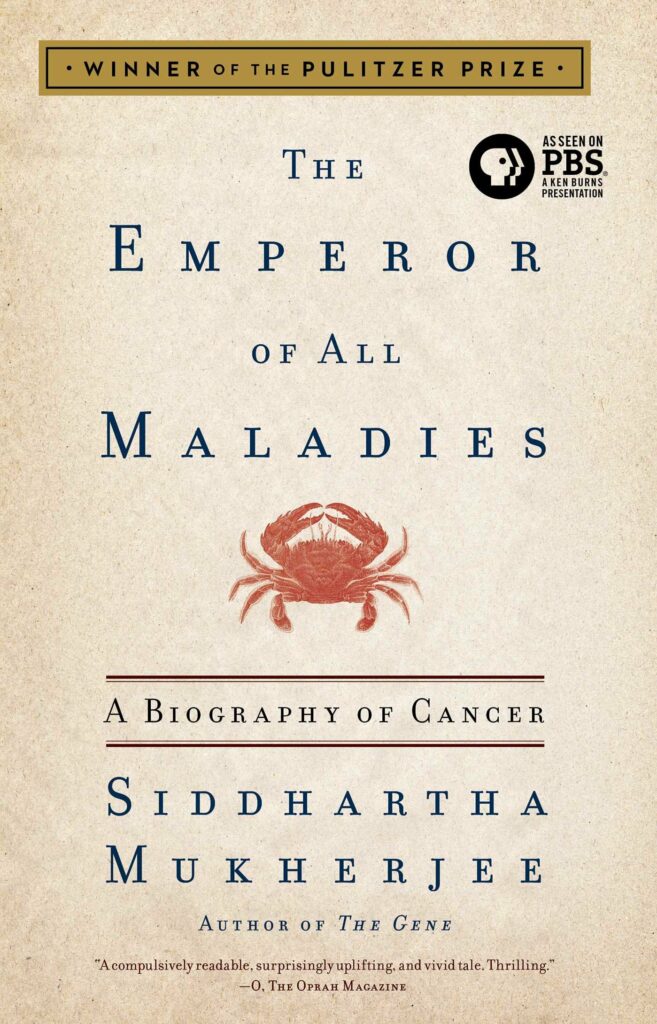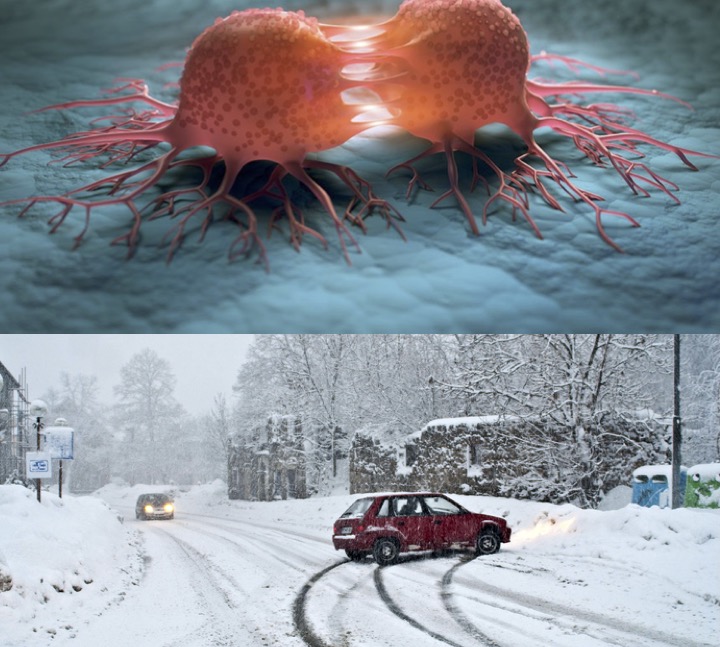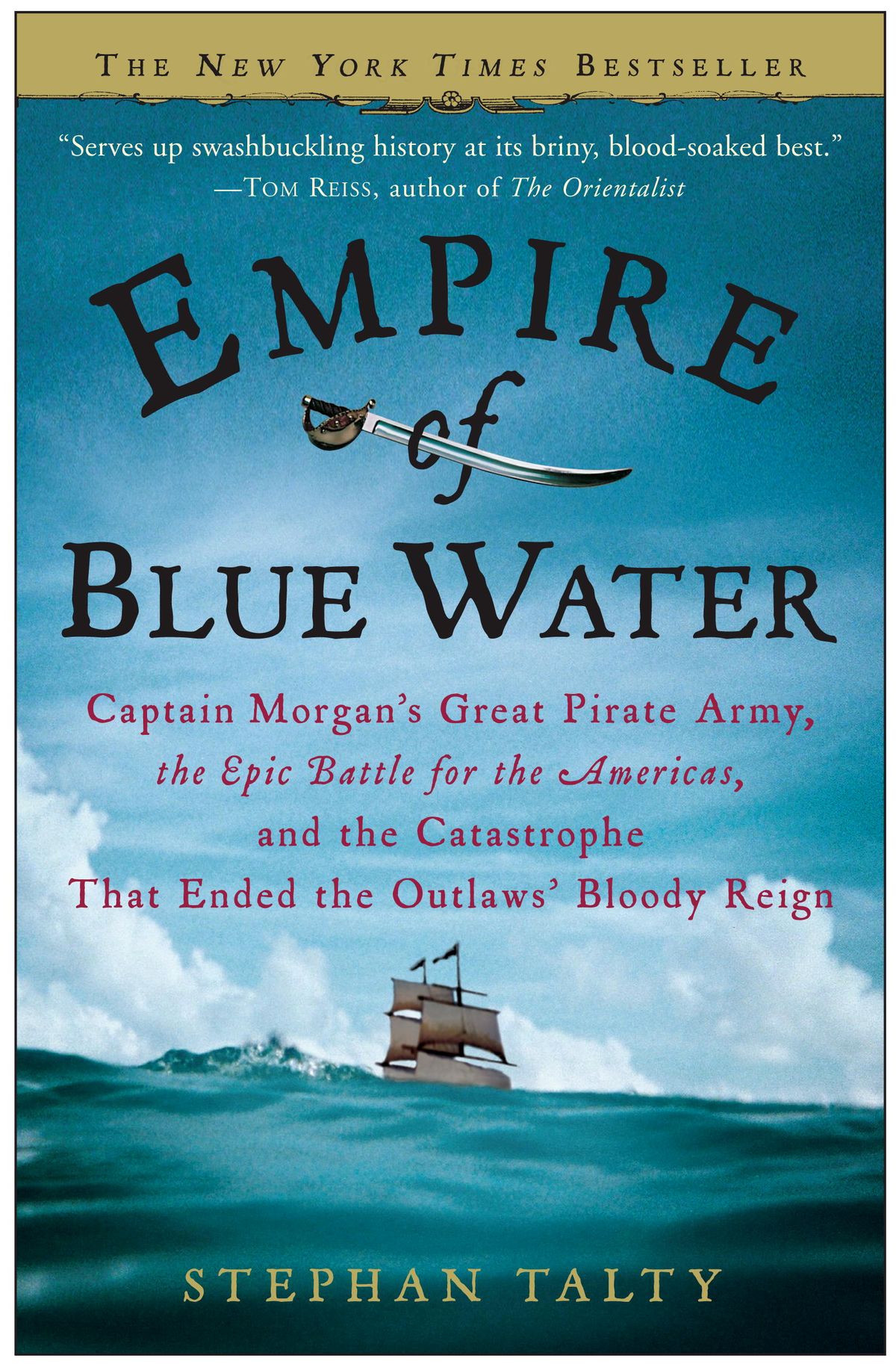Overcompensation is a real problem with humans. Your car starts to slide on the ice, and you crank the steering wheel hard in the opposite direction. Next thing you know, you are doing 360’s down the highway. Overcompensation happens when we want to fix a problem we don’t fully understand, so we overdue the fix and make the problem worse. Cancer is one of humanity’s biggest problems, and boy, have there been times of severe overcompensations as we’ve tried to fix the problem.
Radical Surgery
There was that century-long stint (1880-1980) in which radical surgery was thought to be the best way to deal with the “emperor of all maladies.” Whenever a lump of wildly reproducing cells was discovered, the strategy was to cut out the cancerous mass and as much of the body as possible around the surrounding area. During the hay day of the radical surgery era, a woman with a small lump in her left breast could expect to have both breasts removed, the lymph nodes, pectoral muscles, a rib or two, her clavicle, and a half dozen over little odds and ends not absolutely essential to her survival. This severe maiming ensured a lifetime of pain and disability for the patient if she managed to survive the surgeon’s scalpel and beat the cancer. If only they had known that early-stage cancer requires just minor localized surgery and that no amount of body part extraction would help someone with late-stage cancer. Over half a million women in America were carved up unnecessarily during this period. To add to this tragedy came the big egos of the surgeons. They had discovered the gold standard for cancer care. Operating theatres were constructed so strong stomached fans could watch these masters of the scalpel do their work. These American rock stars of surgery competed to see who could successfully extract the most body parts and keep their patient alive. The more one could cut out, the more the patient’s chances for survival from cancer. These guys were at the top of their game, so when research suggested that cancer care might require less invasive strategies, they were not interested in hearing it. They became so combative that the first collaborative trial, which combined less invasive surgery with chemotherapy, had to take place in Europe because no surgeon in the USA would entertain such a possibility.
Mega Dose Chemotherapy
Chemical therapy was first discovered as a treatment option when the effects of mustard gas were observed on soldiers returning from World War One. What a great start! As the field developed, optimism skyrocketed that these terribly poisonous toxins would provide ultimate victory over cancer. After all, they killed cancer cells, but the downside was they killed good cells too, and pretty much everything else! No matter, enthusiastic Chemo doctors developed creative ways to keep patients alive as they pumped their bodies full of ever-increasing amounts of “healing” poison. Doctors learned that if they could extract bone marrow and freeze it, they could double and even triple the quantities of poison in a human body, and then just as the patient was about to die, they could flood the fading body with the healing marrow, and bring it back from the grave. Chemotherapy became a ghoulish science experiment in which individual lives were not as important as discovering what the increasing varieties of toxins could do to a human body.
High-intensity Radiation
Radiation kills cancer, but it also causes cancer. It took a while to figure this delicate balance out. Sadly too many cancer patients were blasted into oblivion through overcompensation.
As one survivor of mega-dose chemotherapy put it,
“We had to suffer more from the treatment than the actual disease.”
But we learned from our mistakes. Wild overcompensations that unnecessarily cut, poison, and burn cancer are in steep decline. Radical surgery, mercifully, no longer exists. Chemotherapy has evolved from a “carpet bombing” strategy to a “smart bomb” targeted strike, and radiation treatments are much more precise now.
I understand that knowledge has to come through trial and error and that, sometimes, in our great desperation to fix something we don’t understand, we overcompensate and make things worse. This is a tragic but forgivable human quality. But the lesson that jumps off the page at me is how much the possibility of suffering can be reduced with timely doses of humility and constantly questioning curiosity. Like the proponents of radical surgery, we, as a human race, tend to get impressed with ourselves, and then our views settle into inflexible dogma not to be challenged. This problem exists in science, religion, business, culture –everywhere. Where pride reigns and curiosity stops, people suffer. To flourish, we must never relinquish our humility to pride or our inquisitiveness to orthodoxy.






One Response
This post itself is not for the squeamish or faint of stomach.